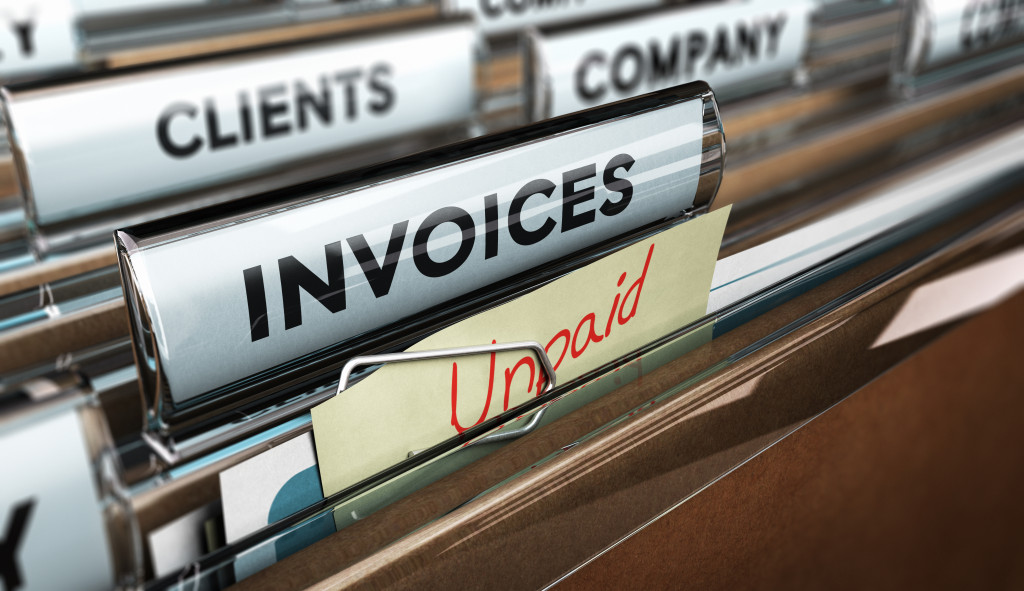When you offer credit to a customer, the last thing you want is to eventually turn that customer over to a collection agency.
Unfortunately, collections are an inevitable part of the commercial credit game, and some of your accounts will reach this endpoint from time to time. Working with a good collection agency (like FMCA) will allow you to pursue at least some payment on this bad debt, which is better than writing off the whole thing.
Turning over an account to a collection agency is taking it to the next level when in-house efforts have become fruitless; therefore. The tools that collections agencies possess to enhance the pressure on the debtor are vital.
Some tools and features that set FMCA apart from most other agencies:
- Home furnishings industry-specific (we have dealt with and know many industry dealers)
- Ten Day Free Final Demand period available (There are no fees for any payments received during the ten-day free demand period)
- Reporting our placements to the major credit bureaus at month-end
- Offer private investigator onsite visits from a national network of private investigators to a debtor location.
- Over 60 years, we have forged relationships with a network of attorneys throughout the United States and Canada.
- Low contingency rates
- Online collection status
- We accept credit and debit card payments from debtors along with checks and check by phone/fax/email.
- Client remittance twice a month
So, how should you go about turning over some of your accounts to a collection agency? Let’s look at some standard practices that will help this process run smoothly.
Establish a Firm Deadline for Bad Debts
You don’t want to be making a judgment call for each account when deciding if it should head to collections. Instead, you should have a system in place for determining when an account is too far past due and needs to go to a collection agency.
It is common for 90 days past due to be the deadline for when an account moves into the collections process. You are free to establish your timeline, of course, but this is a common approach that makes a good starting point for your accounting process. Since this is a typical approach, your debtors will probably not be surprised to see the account passed to collections at 90 days.
Understanding the Terms
Collection agencies work in one of two ways to receive compensation for their services. One option is to work with an agency that will take a percentage of collections. If you agree to an agency’s 50% contingency, and $1,000 is collected, $500 would be yours while the remaining $500 would belong to the agency. This standard arrangement is likely what will work best for your needs.
It’s also possible to sell off old debts to a collection agency. With this approach, the agency buys the ownership of the debt for a small percentage of the total value. You, as the creditor, will get a small payment upfront with this plan, but there will be nothing else coming your way if you collect money on the account. With relatively little to gain in this agreement, most businesses only turn in this direction with their worst debts.
Finding the Right Approach
Yes, you want the collection agency to collect as much money as possible on these accounts. No, you don’t want them to do it at all costs. Remember, some of these debtors may simply be going through a difficult time, and they could come back as a customer in the future when business is better. So, you don’t want to burn any bridges that could come back to haunt you later on.
It’s a good practice to make sure you are on the same page as the collection agency with the tone that you would like to use with these accounts. Are you okay with relatively aggressive collections tactics, or do you want the agency to take a gentler approach? You should work out ahead of time, so you don’t find out later that their methods are not in line with what you expect.
The proper use of a collection agency can be an essential part of a functional accounting office. The reality of offering credit to your commercial customers is that some of those accounts will go bad. By effectively using collections to recover some of those losses, you can improve the performance of your credit department as a whole.
Smart People + Good Data = Better Credit Decisions
Sign up for FMCA! We’re a community of credit professionals who motivate and help our members succeed in their credit careers- whether just beginning or sharpening the axe with decades of experience.
We provide comprehensive credit reporting, collection services, industry leading educational opportunities, and a network of like-minded individuals to learn and grow with.
If you liked to see what we’re all about, sign up for a free trial to see for yourself! You get 3 free reports.
